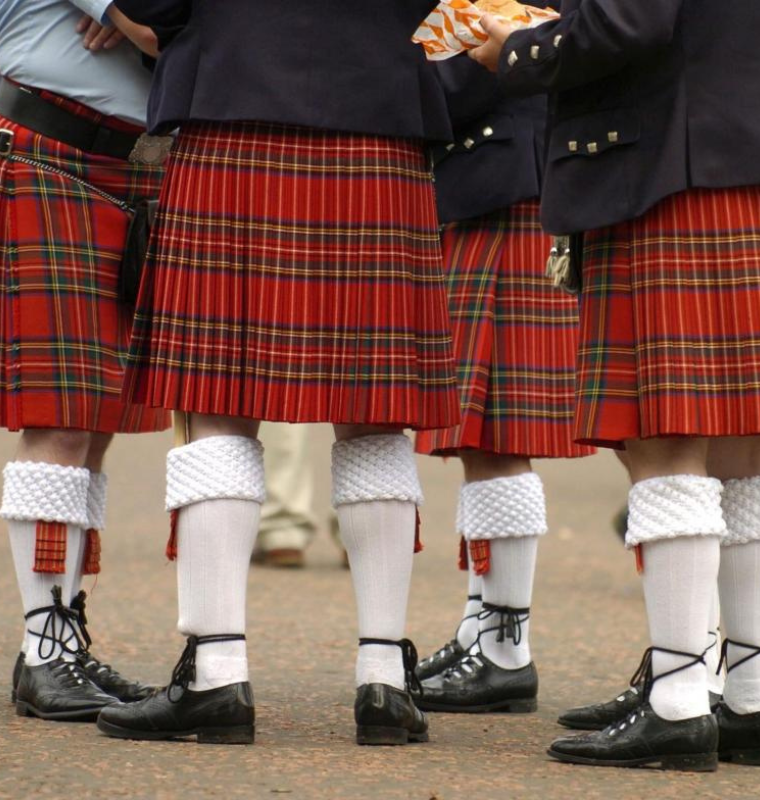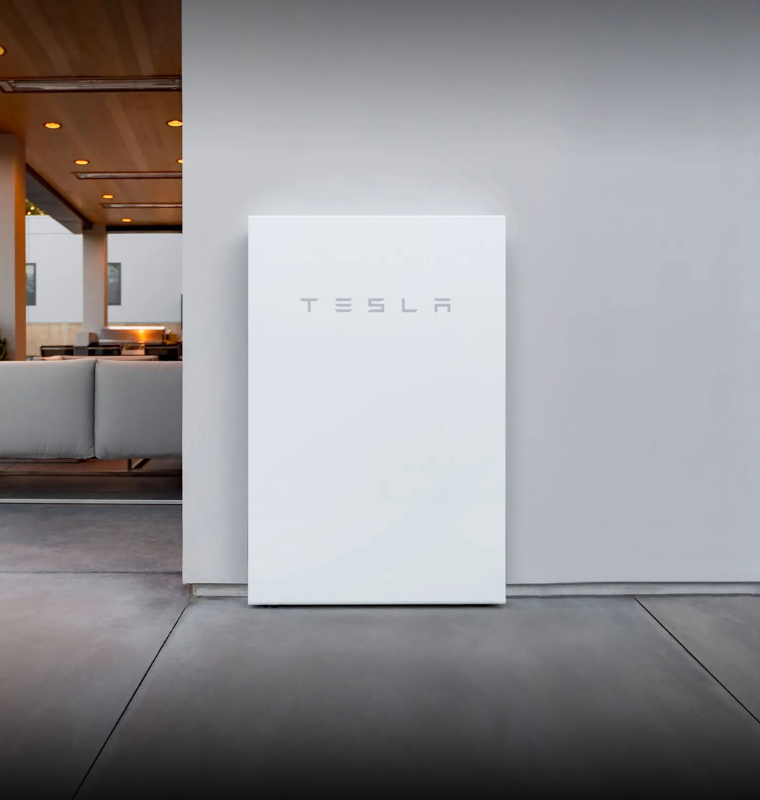Putin Warns U.S. Against Supplying Long-Range Missiles to Ukraine, Calling It a “New Escalation Stage”
Putin Warns U.S. Against Supplying Long-Range Missiles to Ukraine, Calling It a “New Escalation Stage”
By
Calder Monroe
Last updated:
October 3, 2025
First Published:
October 3, 2025

Photo: PBS
Putin Issues Warning Over Long-Range Missiles
Russian President Vladimir Putin cautioned that the potential delivery of long-range U.S. missiles to Ukraine would push Moscow and Washington into what he called a “completely new stage of escalation.” His remarks were made during a defense forum in Sochi, a key Russian Black Sea resort city.
Putin specifically referred to U.S.-made Tomahawk cruise missiles, which can travel over 1,500 miles (2,400 kilometers), far enough to strike deep into Russian territory. While acknowledging that these weapons pose a real threat, he emphasized that Russia’s military has been upgrading its air defense systems to counter them.
“Can Tomahawks harm us? Yes, they can. But we will intercept them and strengthen our defenses,” Putin declared. He also stressed that the use of such weapons would be impossible without the direct involvement of U.S. military personnel, a step that in his view would escalate the war beyond Ukraine.
U.S. Policy Shifts and Intelligence Sharing
Putin’s comments follow reports from The Wall Street Journal and Reuters suggesting that Washington is not only considering supplying Tomahawk missiles but has already begun providing Ukraine with intelligence on strategic targets inside Russia. These targets reportedly include energy infrastructure, signaling a more aggressive U.S. approach to supporting Kyiv.
The Biden administration has not officially confirmed these reports, but if the transfer of Tomahawks were to go ahead, Ukraine’s strike capabilities would expand dramatically. With such a range, Kyiv could target military bases, logistics hubs, and power stations far beyond the frontlines.
Putin Responds to “Paper Tiger” Remarks
Putin also responded to U.S. President Donald Trump’s recent remark describing Russia as a “paper tiger.” He dismissed the claim, asserting that Russian troops hold the strategic initiative and continue to advance in Ukraine despite facing what he called “the entire NATO bloc.”
“If Russia is a paper tiger, then what does that make NATO, when we are moving forward against it?” he said. The comment highlights Moscow’s narrative that Western powers are deeply involved in the conflict, even though NATO forces are not officially fighting in Ukraine.
Trump, who once suggested Ukraine might need to cede territory for peace talks, has recently shifted tone. He now argues Ukraine has a realistic chance of regaining territory, citing what he calls Russia’s growing economic strain. Moscow’s government is already preparing to raise taxes on both corporations and consumers to finance its war economy, which has stretched on for more than three and a half years.
Escalating Tensions in Europe
While the U.S. debates new weapons supplies, Europe is grappling with a wave of airspace incursions linked to Russian aircraft and drones. Countries including Poland, Estonia, Lithuania, and Romania—all NATO and EU members on the eastern flank—have reported multiple incidents in recent weeks.
In addition, Germany, Denmark, and Norway have detected unidentified drones flying over sensitive sites, triggering airport disruptions and heightened security alerts. Although Russia denies responsibility, European leaders say the pattern of incidents suggests deliberate attempts to test air defenses.
In response, the European Union has endorsed plans for a “drone wall” along its eastern borders, aimed at detecting and neutralizing hostile drones. The proposal has been welcomed by defense contractors, though Brussels has yet to finalize how such a system would be funded and coordinated among member states.
The Bigger Picture
Putin’s warning underscores how each step in U.S. and European support for Ukraine risks reshaping the conflict into a direct confrontation between Moscow and NATO. Long-range missiles, in particular, carry symbolic weight, signaling that Washington may be willing to take greater risks in order to bolster Kyiv.
At the same time, Europe’s efforts to secure its skies reflect growing anxiety over the possibility that Russia could expand its military tactics beyond Ukraine. The combination of advanced missile systems, intelligence sharing, and airspace provocations signals that the war, now stretching well past its 1,300th day, is increasingly shaping global security, economics, and diplomacy.
Popular articles
Subscribe to unlock premium content
The Rise of Silent Walking Tours in Historic Cities

The Rise of Ultra-Niche Cooking Classes Focused on Historical or Regional Recipes

The Rise of One-Person Dining Experiences for Ultra-Introverts in Major Cities

The Rise of Silent Walking Tours in Historic Cities

The Rise of Ultra-Niche Cooking Classes Focused on Historical or Regional Recipes

The Rise of Silent Walking Tours in Historic Cities









